Azar 16th has its roots in commemorating the anniversary of the killing of three Iranian students of the University of Tehran on December 7, 1953, when they were martyred by the agents of colonial powers in the Pahlavi era.
The three students organized a protest against the resumption of political relations between Iran and Britain as well as the official visit by Richard Nixon, the then vice president of the United States, around four months after the 1953 Iranian coup d'état to overthrow the democratically-elected Prime Minister Mohammad Mossadegh in order to reinvigorate monarchical rule of Mohammad Reza Pahlavi.
Mostafa Bozorgnia, Ahmad Ghandchi, and Azar Shariat Razavi are the three martyred students, who lost their lives when they stood against tyranny.
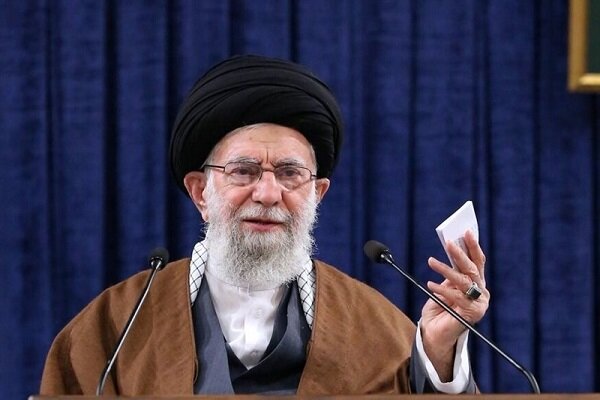
On December 14, 2008, the Leader of the Islamic Revolution Ayatollah Seyyed Ali Khamenei said that “the student movement has a very interesting history in our country. I am stressing this issue because it should continue and it is not a movement that can be stopped. The country is in such conditions and the Islamic Republic has such a make-up, characteristics, and traits that they need this movement to be by their side.”
“In the recorded and well-known history of our country, this student movement has always been against arrogance, domination, dictatorship, and oppression and it has always sought justice. These have been the distinctive characteristics of our student movement from the first day until today. If someone claims to support this student movement but lacks these characteristics, then they are not honest.”
“The student movement cannot be in the hands of those individuals who cooperate with the perpetrators of massacres in Palestine, with criminals in Iraq, and with murderers in Afghanistan. This is not the student movement.”
“The nature and characteristic of student movements - at least in our country - is that they are against arrogance, domination, and dictatorship and that they are advocates of justice. Perhaps in many other countries too, student movements are like this. The beginning of this movement or the known date for its beginning is the 16th of Azar.”
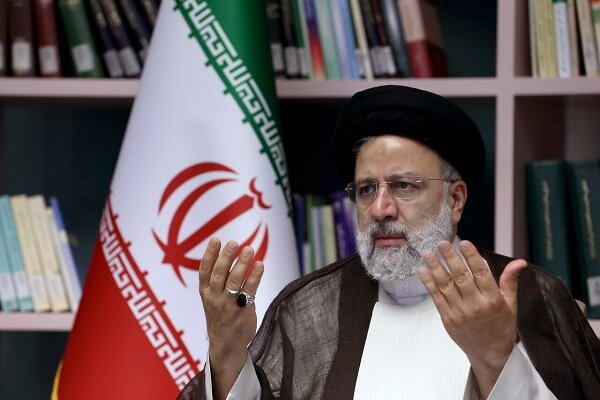
On December 7, 2019, Former Judiciary Chief and present President Ebrahim Raeisi addressed a gathering of students on the campus of the University of Tehran (UT) and described December 7 as the symbol of the anti-global arrogance and anti-colonialism approach of the students and the university in history.
He noted that students rose up against foreign interference in the country’s affairs, recounting that the students were protesting against the US vice president's trip to Iran only 4 months after the US-led 1953 coup.
The student movements played a significant role in the victory of the Islamic Revolution in 1979, adding that the just-seeking Iranian students have always opposed colonialism and tyranny inside the country, he underlined.
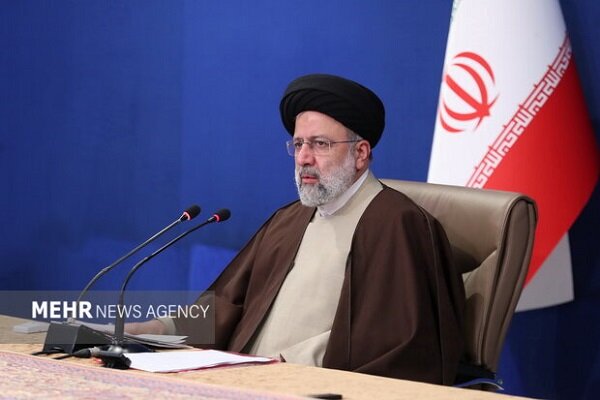
On December 7, 2021, President Raeisi visited an exhibition on the achievements of the Center for Research and Knowledge-Based Companies of Sharif University of Technology.
During the ceremony, President Raeisi emphasized the importance of preserving and attracting academic elites, describing the university's top students and technologists as the country’s assets.
The president noted that Iran is facing problems including drought and universities can undoubtedly play an important role in resolving these problems.
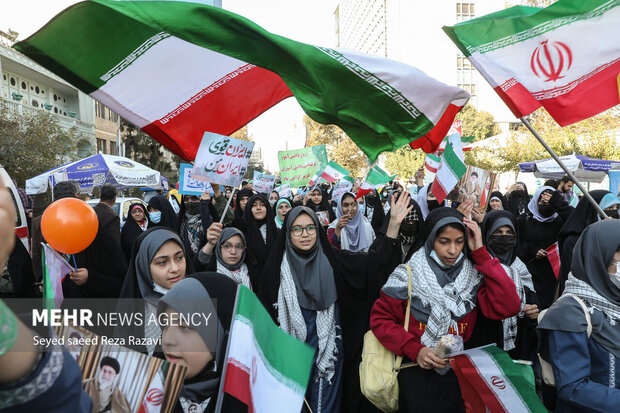
Each year the Day of 16th of Azar also recalls the matchless sacrifices rendered by the Iranian students for the victory of the Islamic Revolution under the wise leadership of Imam Khomeini.
At that sensitive juncture of history, students from various political spectrums had put their trust and faith in the great Imam and they were becoming united under his wise leadership.
The students had also found all qualities of a spiritual, religious, and political leader in Imam Khomeini’s personality who could relieve them from the clutches of the colonial powers and prevent them from falling into pits of social and moral decline.
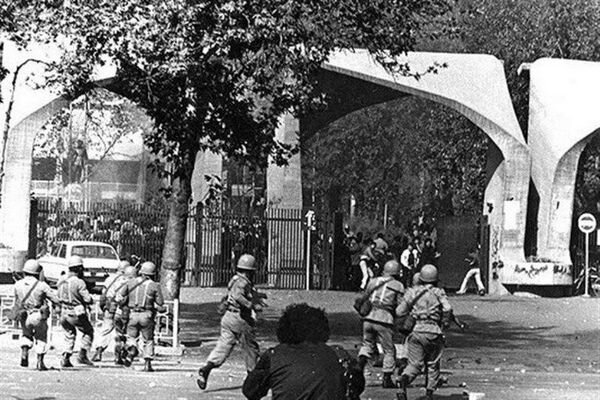
The Iranian nation never forgot the sacrifices offered by the students and they continued their struggle which proved fruitful in later years.
Despite all crackdowns by the Pahlavi Regime and staunch opposition by the world colonial powers, the Islamic Revolution gained victory under the wise leadership of Imam in 1979.
Imam Khomeini founded an Islamic-democratic system that strengthened the Islamic and oppressed nations around the globe and brought prosperity to the Iranian nation.
Reported by Amin Mohammadzadegan Khoyi


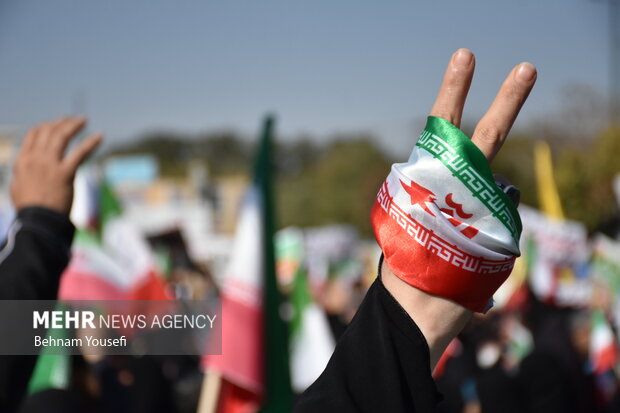






















Your Comment